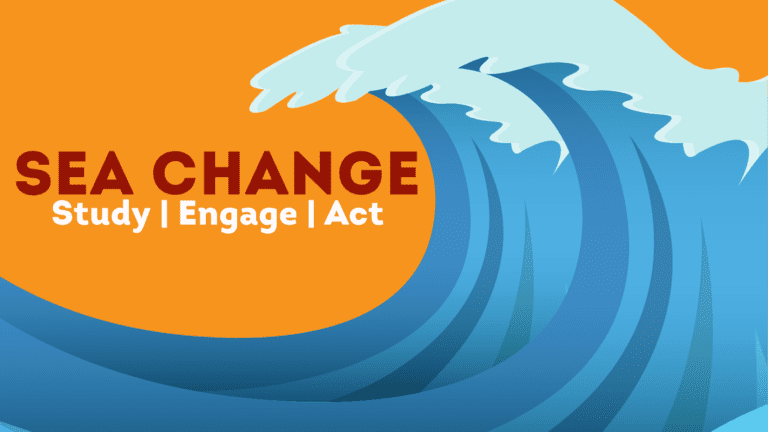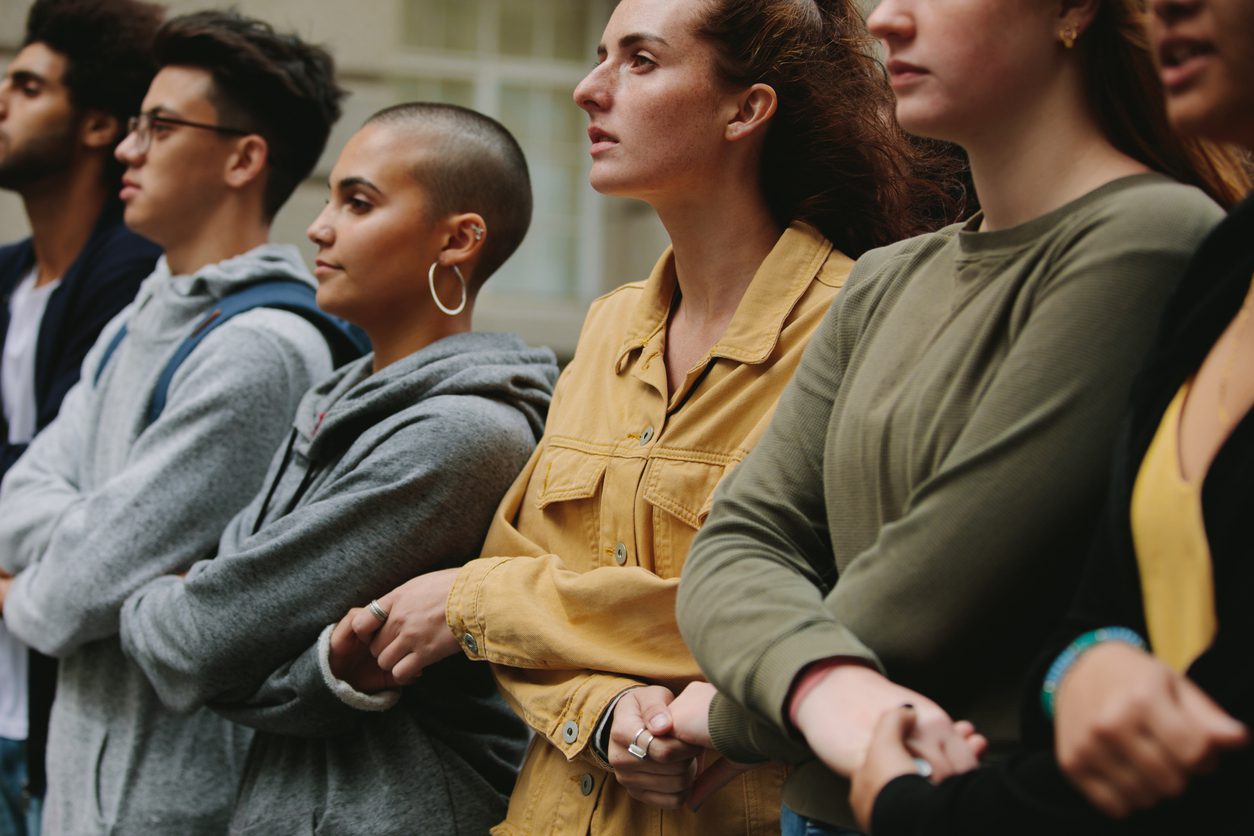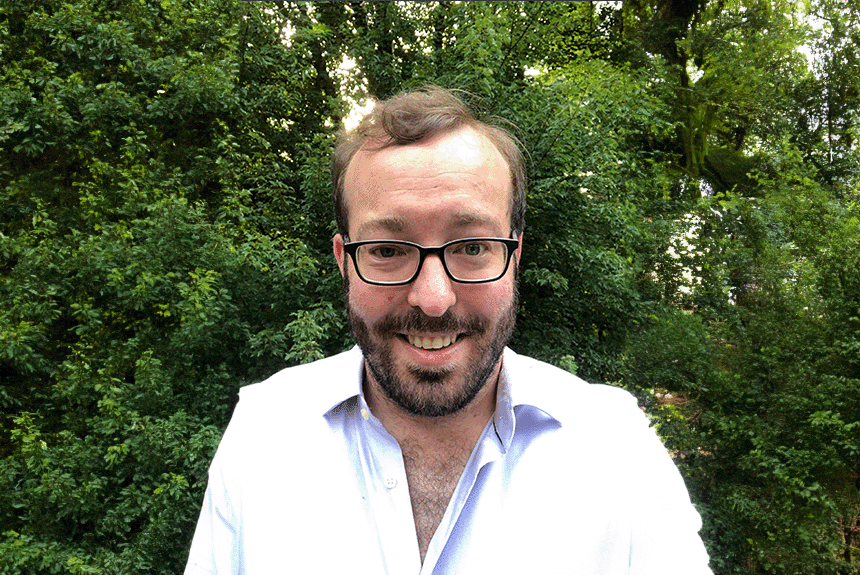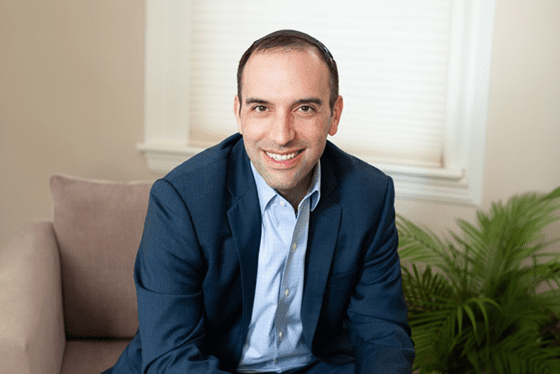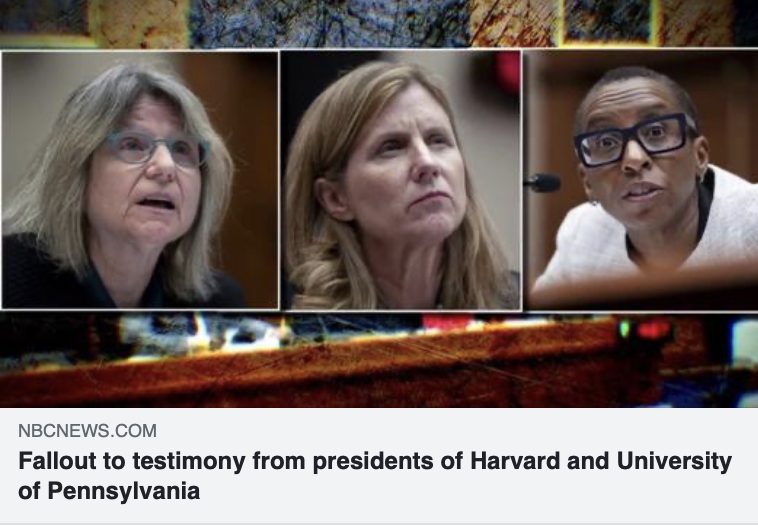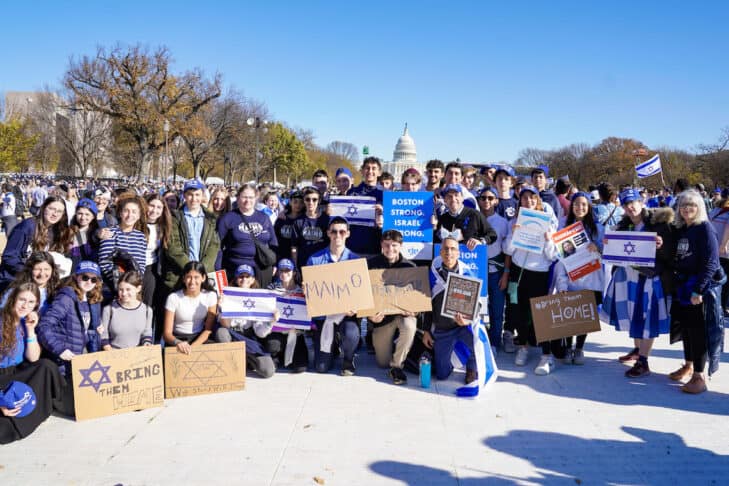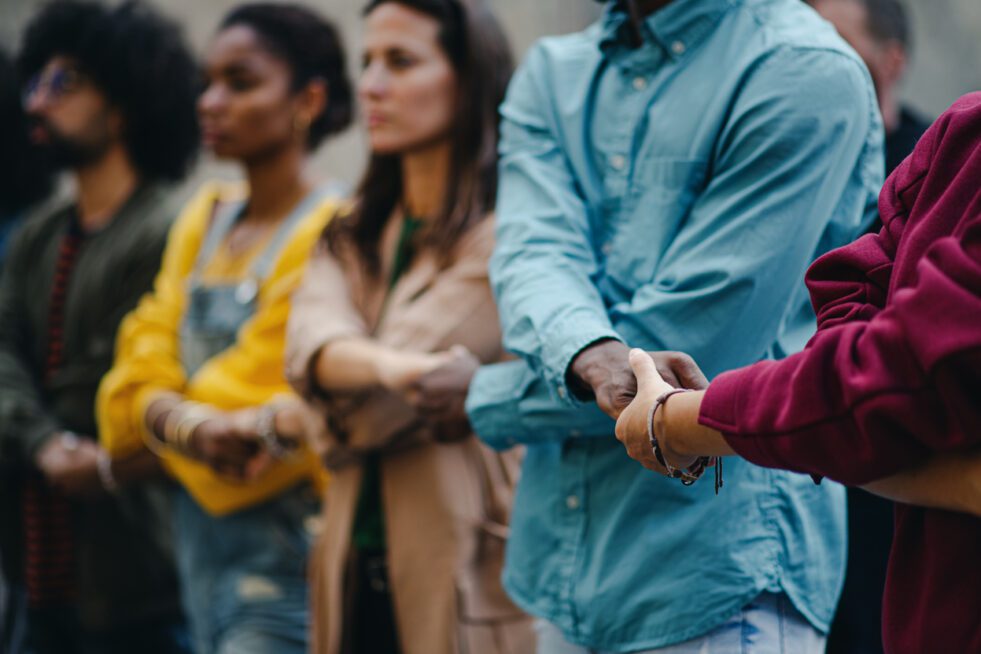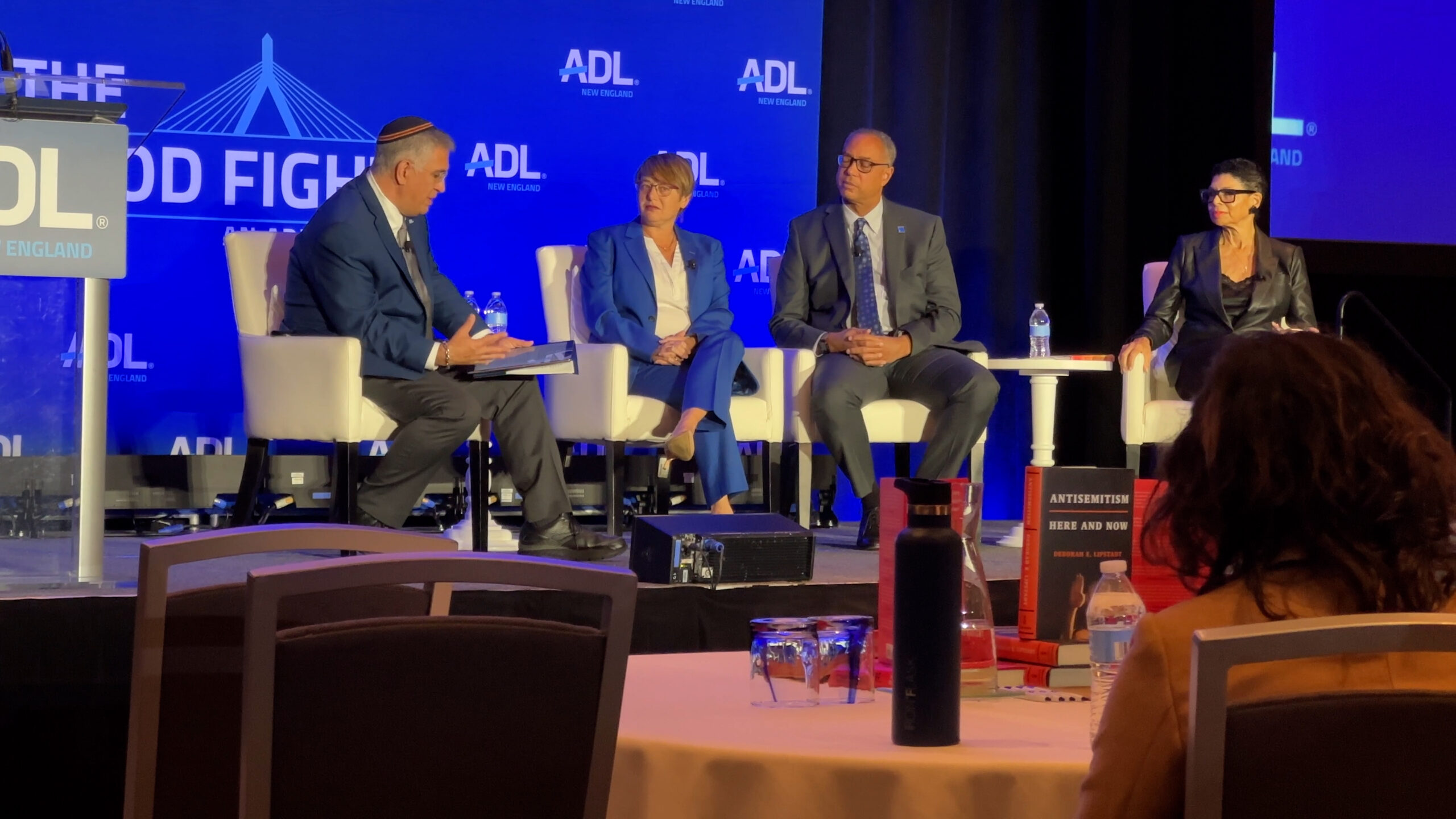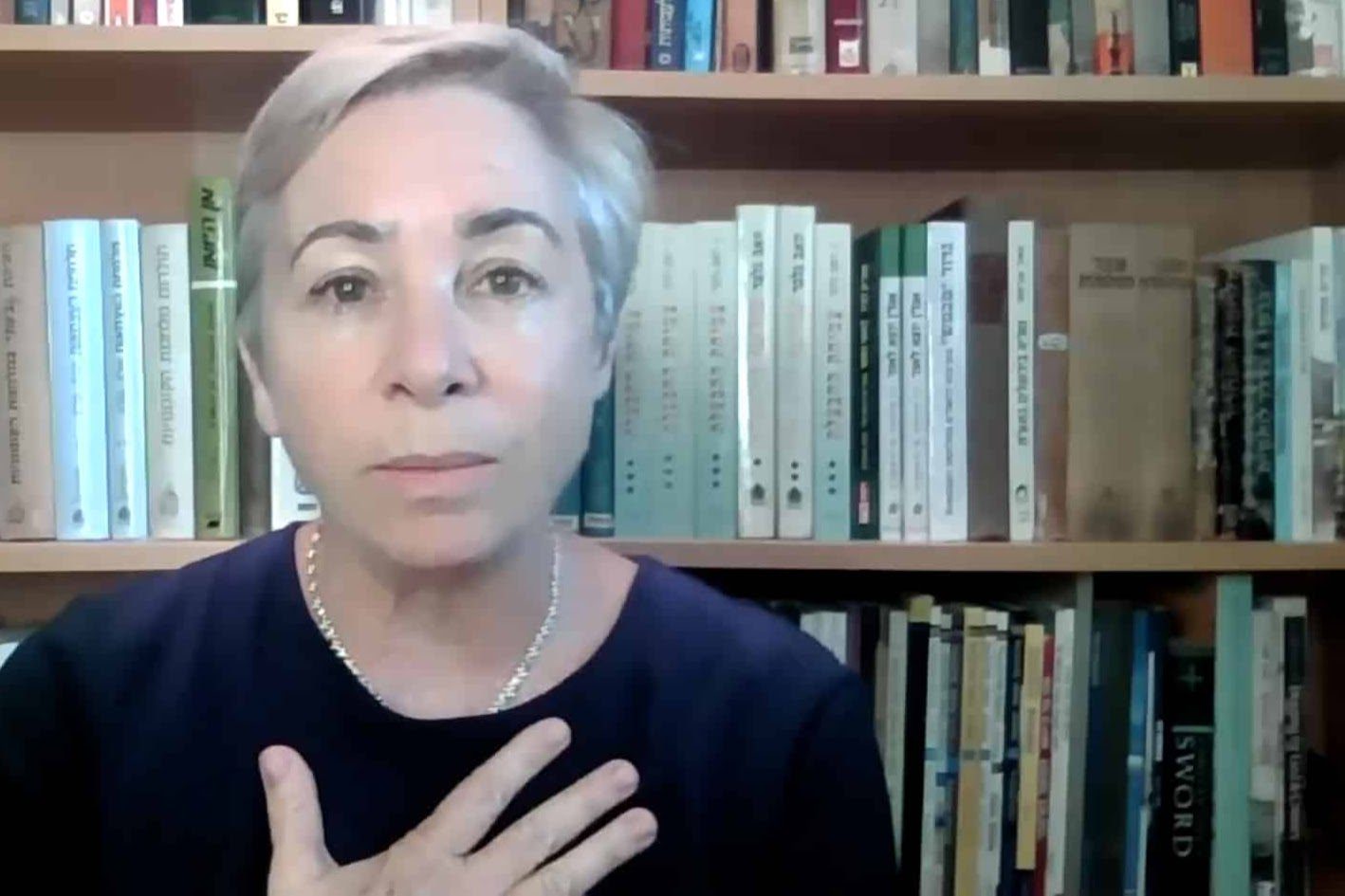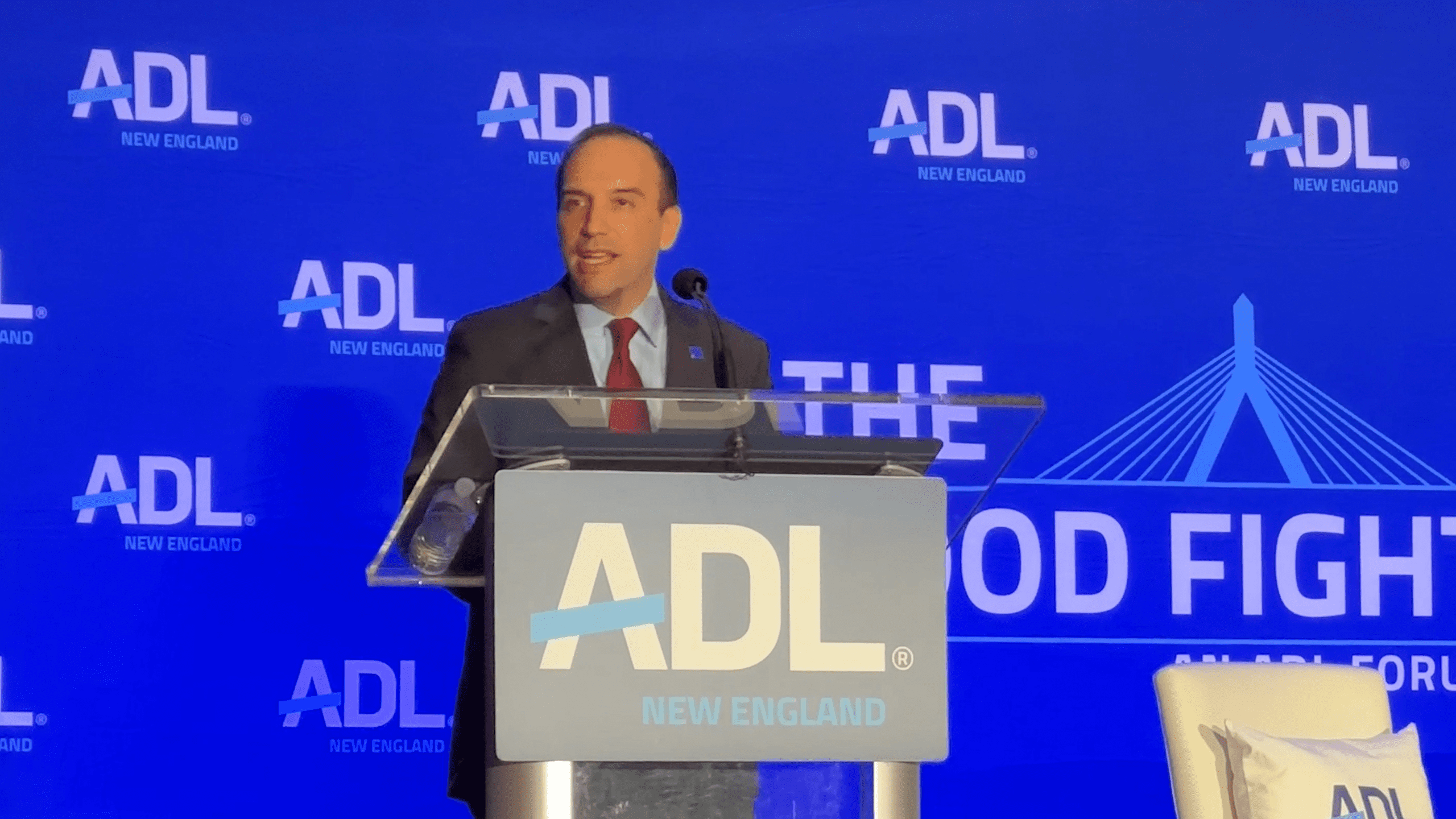Organized by JOIN for Justice
Supported by a CJP grant given to organizations fighting antisemitism, SEA Change is a 6-month cohort to develop current and future clergy and lay leaders who will learn together how to make a big impact on racial equity, inclusion and allyship issues within your congregation and beyond. Contact David Schwartz with any questions.

